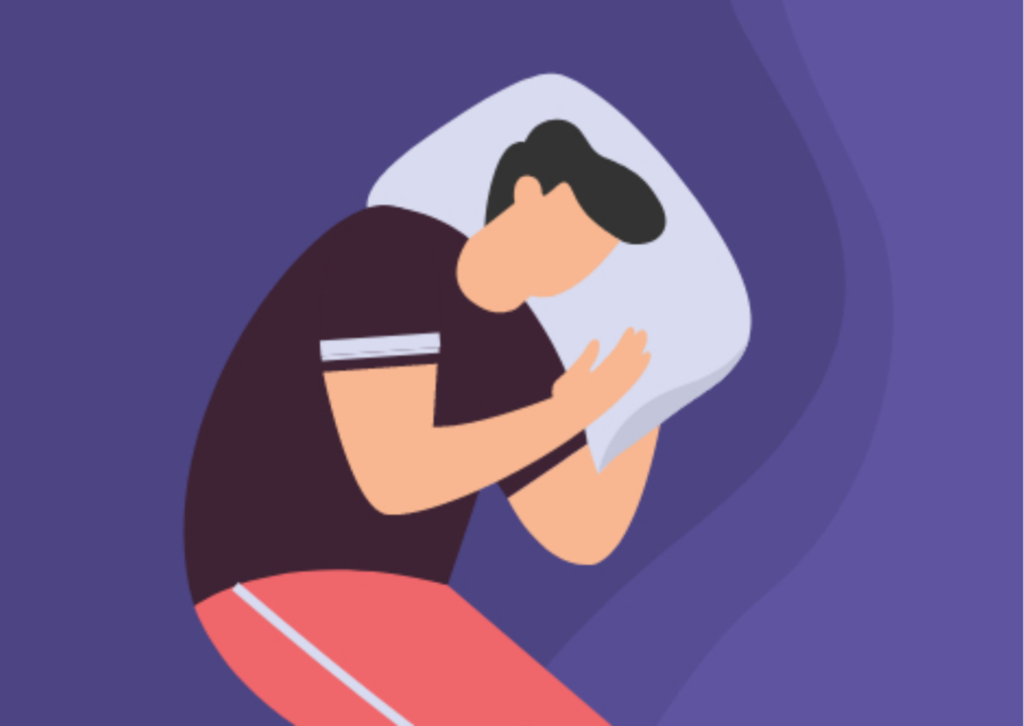
Figure 1-1: Heart Health
Your heart pumps out about 2,000 gallons of blood each day, supplying all the cells and organs in your body with oxygen and nutrients. This is tremendous work for a muscle roughly the size of a fist; the easier you can make the heart’s job, the longer it can keep you alive. Making heart-healthy lifestyle changes can significantly lower the risk of heart disease, the leading cause of death for both men and women in the United States.
Many things that can affect your heart health are in your direct control. How seriously you take this responsibility is up to you. For some, making healthy lifestyle choices comes naturally. For others, being diagnosed with a risk factor for heart disease, such as high blood pressure or cholesterol, motivates them to take action.
Whatever motivates you, remember that your heart’s health is worth the effort to achieve. Your whole body will benefit from this. If you take care of your overall health, you can avoid getting type 2 diabetes, asthma, joint pain, and other long-term illnesses and conditions. In some cases, it may even help prevent cancer. Eating well and exercising regularly are also components of a healthy lifestyle that have been shown to improve one’s disposition. Your stress levels will decrease, and you’ll feel energized.
Start with one healthy habit if you need help figuring out where to start. As soon as you feel like you’re getting the hang of it, add another, then another. Soon, you won’t feel as helpless as you do now.
Let’s introduce you to 10 ways that will improve your heart health.
- Just Move:
(Exercise helps almost every element of your health)

Figure 1-2: Just Move
Staying active improves the cardiorespiratory system and reduces the risk of angina, myocardial infarction, overweight, high blood pressure, diabetes, and hypercholesterolemia.
It even has amazing effects on the mind that help deal with stress and improve mental health.Dr. Michael Emery saysthat exercise is a magic pill.
Scientistshave found some proof that walking in nature can have small benefits for the heart, such as lowering blood pressure, stress hormones, and pulse rates.
2. Eat a Heart-Healthy Diet
(Keep things simple, and don’t let conflicting studies on the best foods confuse you)

Figure 2-1: Eat a Heart-Healthy Diet
Adopting a heart-healthy diet can help lower your risk of heart disease by lowering your cholesterol, blood pressure, and body mass index. So, you can lower your risk of heart disease by making a few changes to your diet. Some good habits for your heart include limiting how much salt and alcohol you eat and drink daily.
Fruits, vegetables, grains, lean meats and fish should also make up most of the diet. It is advised to consume less fat, particularly saturated fat and cholesterol (fatty red meats, whole milk, cheese made with whole milk, dishes made with cream, and high-fat desserts), and instead consume fat from nuts, olive oil, and oily fish because of the benefits these foods have on the cardiovascular system. The contribution of fiber (whole grains, legumes and fruits) is also substantial.
3. Quit Smoking
(Smoking and other tobacco products affect your heart as well as your lungs)

Figure 2-2: Quit Smoking
Cigarette smoking is a major contributor to cardiovascular disease. Smokers have double the risk of having heart attacks as compared to non-smokers. Tobacco use negatively impacts the cardiovascular system by raising the risk of thrombosis and decreasing coronary artery caliber, reducing blood flow to the heart. It is estimated that each cigarette you smoke robs you of 11 minutes of your life.
Smokers with heart disease who stopped had a 50% reduction in subsequent heart attacks or sudden cardiac death. Take action and stop smoking.
4. Reduce Your Alcohol Intake:

Figure 3-1: Reduce Your Alcohol Intake
Moderate alcohol consumption (one or two glasses of red wine per day) has been associated with a lower risk of cardiovascular disease.
However, research shows that excessive drinking is dangerous to health. Several studies have found a link between drinking too much alcohol and developing heart disease. Because of this, it is best to drink in moderation and stick to a glass of red wine with your meals.
5. Keep a Healthy Body Weight:
(It’s not just excess fat that causes heart problems; it’s the type of excess fat that causes them)

Figure 3-2: Keep a Healthy Body Weight
Research shows that being overweight puts extra strain on the heart, increasing the risk of hypertension, coronary heart disease, and stroke.
Favors the development of type 2 diabetes and other diseases like lung diseases and osteoarthritis, also affected by the stress they are under.
There is a correlation between having a BMI over 25 and an increased risk of developing coronary heart disease, which accounts for about 40% of all cases. That’s why everyone over 20 should calculate their body mass index and take appropriate action based on that knowledge.
6. Get Enough Sleep

Figure 4-1: Get Enough Sleep
A healthy heart comes from getting enough rest and sleep. No matter how old you are or your medical history or family history, if you don’t get enough rest, you are more likely to get cardiovascular disease. Prioritize going to bed on time. Sleep for 7-8 hours every night.
7. Get Regular Medical Check-ups:

Figure 4-2: Get Regular Medical Check-ups
Once you hit the big 4-0, it’s time to start making regular doctor’s appointments. This is especially important for those with a history ofheart disease,high cholesterol, diabetes, high blood pressure, obesity, or smoking. A medical exam and diagnosis can find diseases like diabetes and high blood pressure that put you at risk for heart disease, even if they haven’t shown up yet.
8. Do Things You Enjoy and Get Rid of Stress:

Figure 5-1: Do Things You Enjoy and Get Rid of Stress
Having a stressful life can affect your heart. When you’re stressed, your heart beats faster, and your blood pressure goes up, which makes you more likely to have a heart attack. Because of this, the heart’s oxygen requirements rise. While stress is not directly linked to the development of cardiovascular disease, it may exacerbate its symptoms.
It’s important to do things that are relaxing and fun, like going for a walk, doing yoga, etc., and a balanced work life with places where we can enjoy our free time and get away from our daily work.
9. Avoid Sitting for Extended Periods of Time:

Figure 5-2: Avoid Sitting Extended Periods of Time
Prolonged periods of sitting are extremely harmful to health. Seek to move more during the day. Avoid using elevators in favor of walking, take short walks around your home or office while on the phone, and opt for walking instead of driving when possible.
10. Celebrate Small Victories:

Figure 6-1: Celebrate Small Victories
We understand that making changes to your lifestyle is difficult, so take it slowly and celebrate your progress. Spending time with those dear to you benefits your mental and emotional well-being.
Last Words:
Incorporating these practices into daily life has been shown to promote heart health and reduce the risk of cardiovascular disease. Remember that bettering your heart health is a process that will take time and effort on your part. People can improve their cardiovascular health and extend their lives by making positive lifestyle choices. Stay safe and learn more about health-related continuing education, eetsonline.com.
